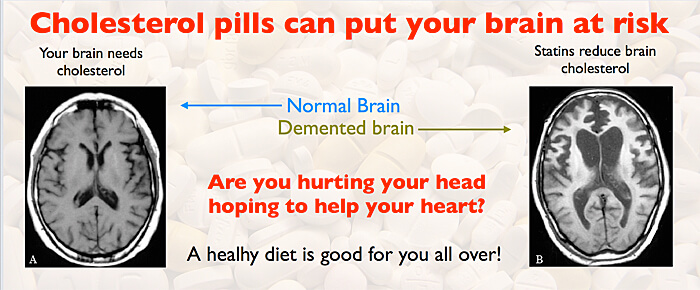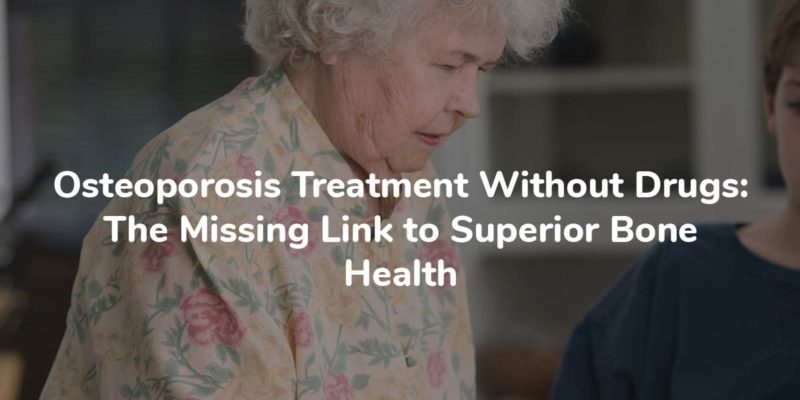We all know our skin makes vitamin D during sun exposure, so you’d think that most of us here in Hawaii would have plenty of vitamin D, right? Wrong. A study done on prototypical surfer-dudes in Honolulu, titled: Low Vitamin D Status Despite Abundant Sun Exposure (Binkely, 2007) found that, amazingly, more than half (51 percent) had less-than-optimal blood levels of vitamin D and were therefore putting their bodies at risk. At risk for what? Low vitamin D has been associated with overweight and obesity, as well as a variety of serious medical conditions, including cancer, heart failure, mental illness,…










